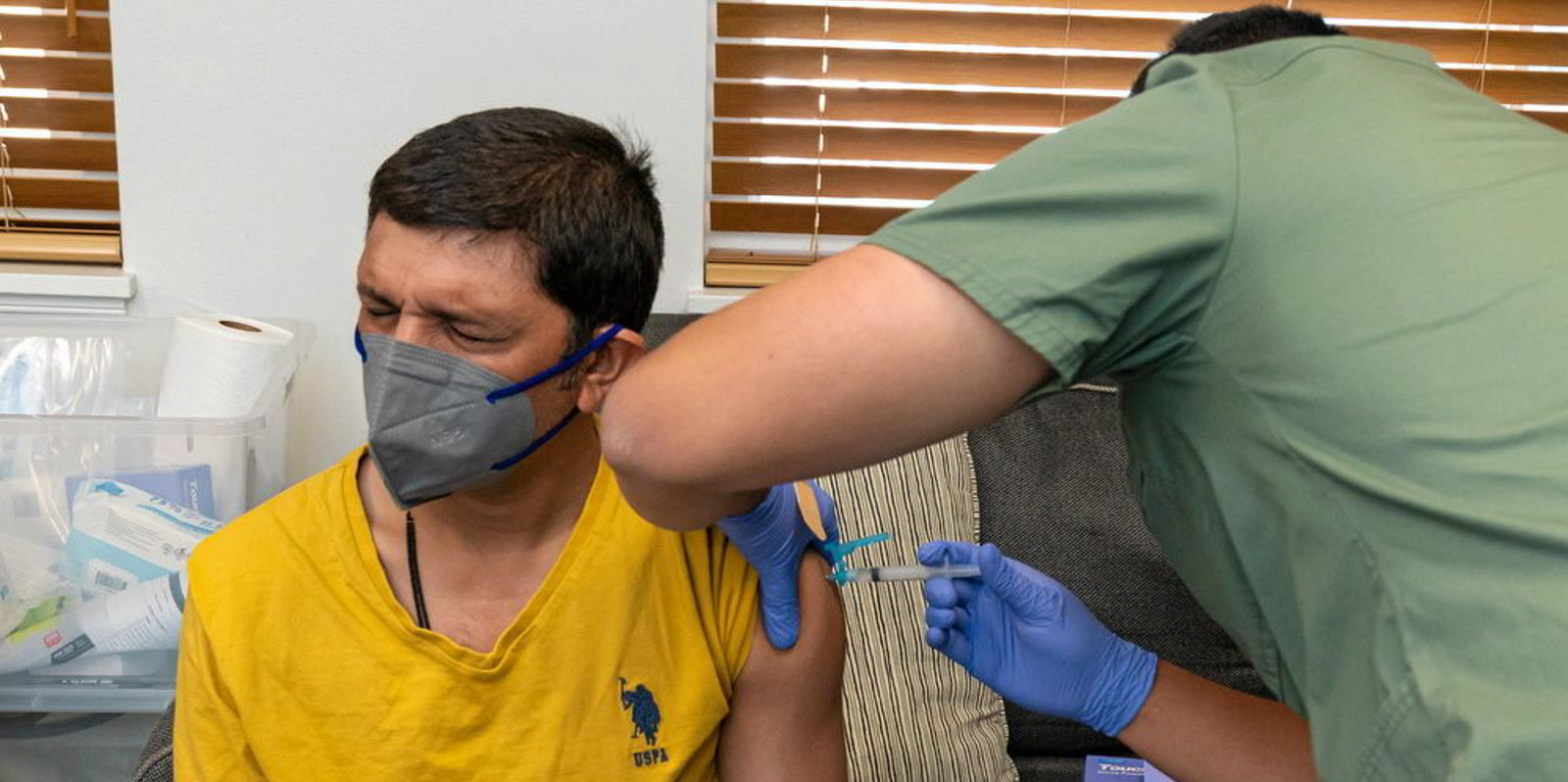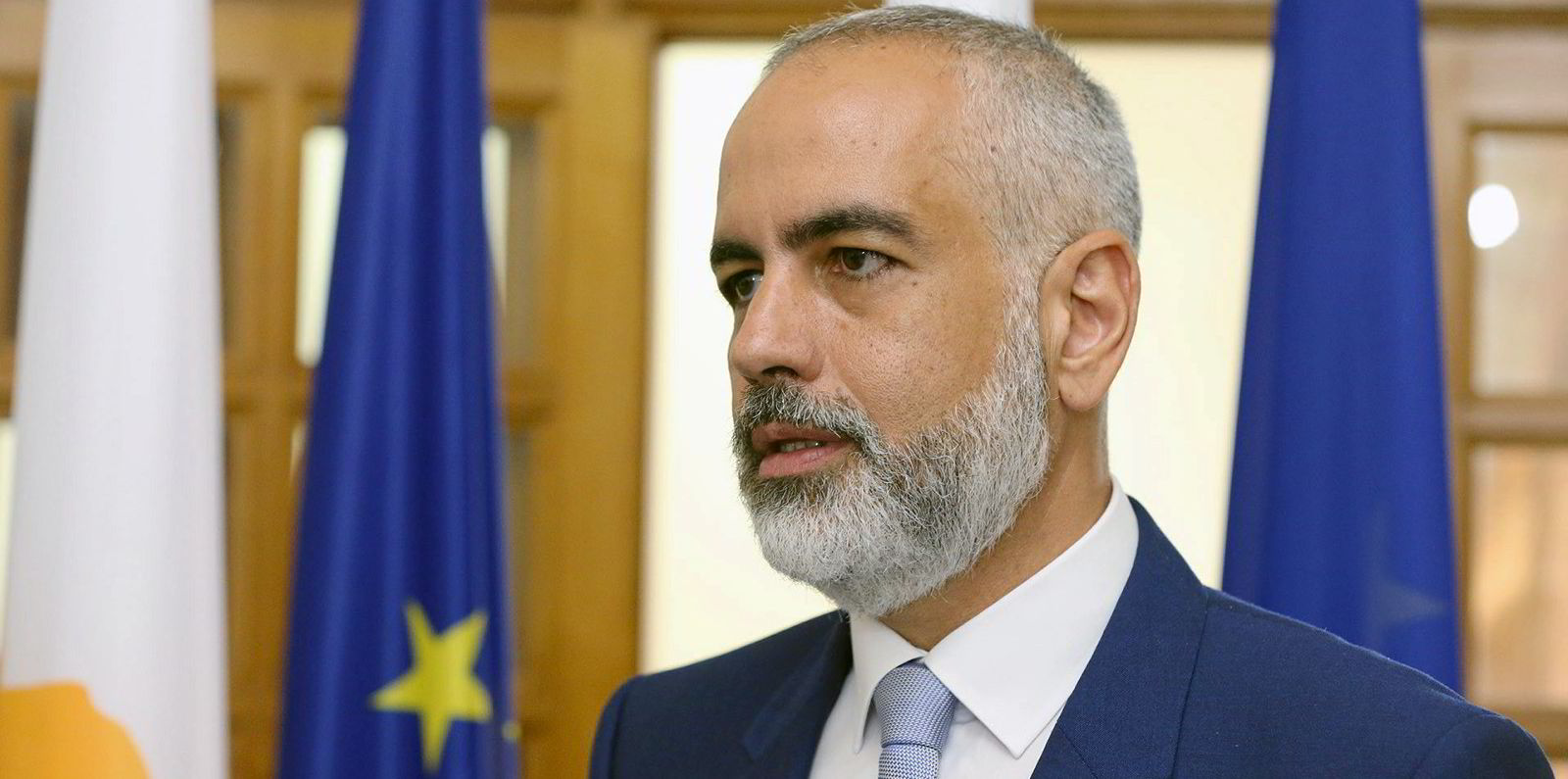Much of the crew-change crisis has focused on the difficulty of getting seafarers off vessels amid restrictions aimed at fighting the Covid-19 pandemic.
But it has also been difficult for ships to get new crew members due to a reluctance among seafarers to sign on for work or local restrictions where they live, ship managers said.
Rajesh Divakaran, head of marine human resources at ship manager Thome Group, said: "During the height of the pandemic, some crew members have been reluctant to sign on to vessels due to a fear of getting infected while on board.
"This all combined to create a crew pool ratio shortage of certain junior ranks and ratings towards the end of 2020 and early 2021."
Since then, Divakaran said the situation has improved.
Wilhelmsen Ship Management said crew shortages have been exacerbated.
"We are seeing that some crew have refused to return to sea due to the pandemic situation at home and unpredictability of when they can get home if they go back to sea," he said.
"Those with enough savings may choose to be at home with their family during these unpredictable times."
At the height of the pandemic, restrictions meant 400,000 seafarers were working beyond the limits of their contracts.
That has abated, but last month the International Transport Workers' Federation said half that number were still working beyond their contractual limits.
Vaccination is key
For many in shipping, the vaccination of seafarers — on ships or ashore — is the key to ending the crew crisis.
Divakaran said: "Mass crew vaccination will be the solution to the crew-change crisis we are experiencing. However, it is still early days and we have yet to experience the impact.
"We are now seeing light at the end of the tunnel. Crew change is still a challenge. However, we take comfort that the industry is moving in the right direction."
This story has been amended to correct the spelling of Rajesh Divakaran.





